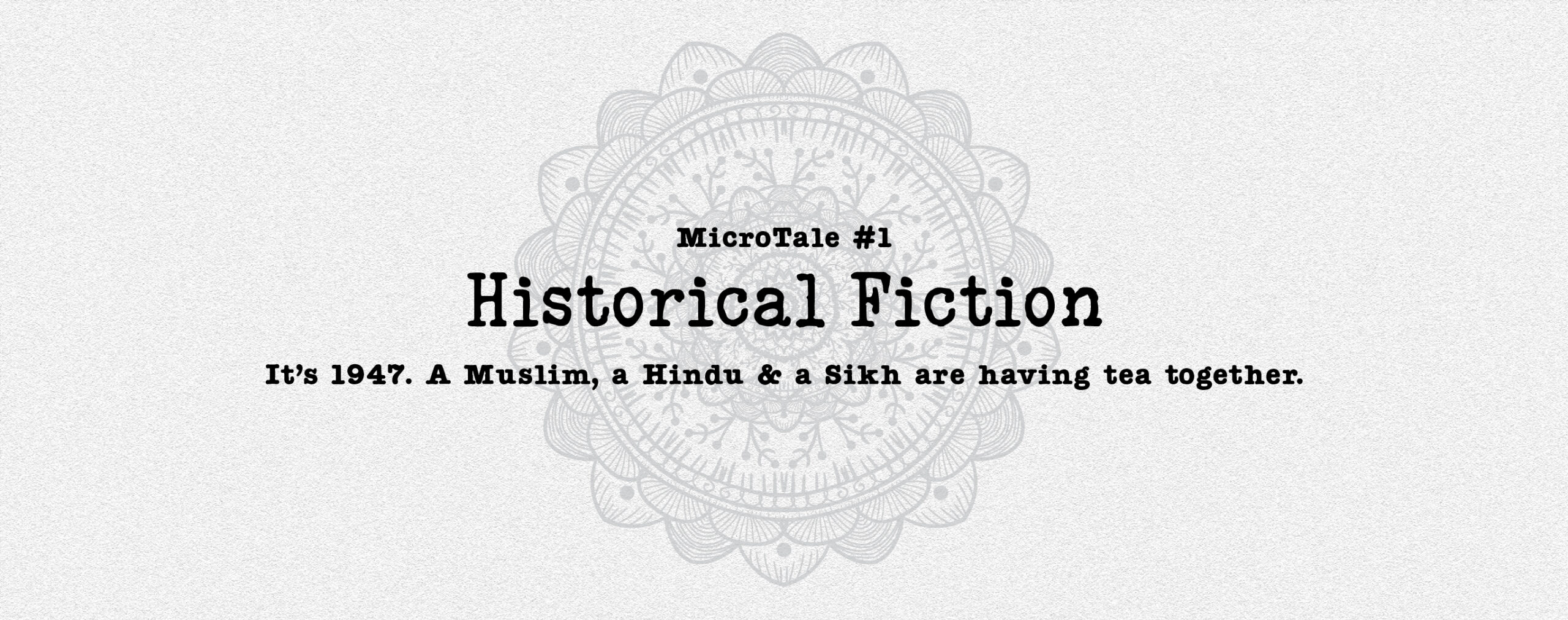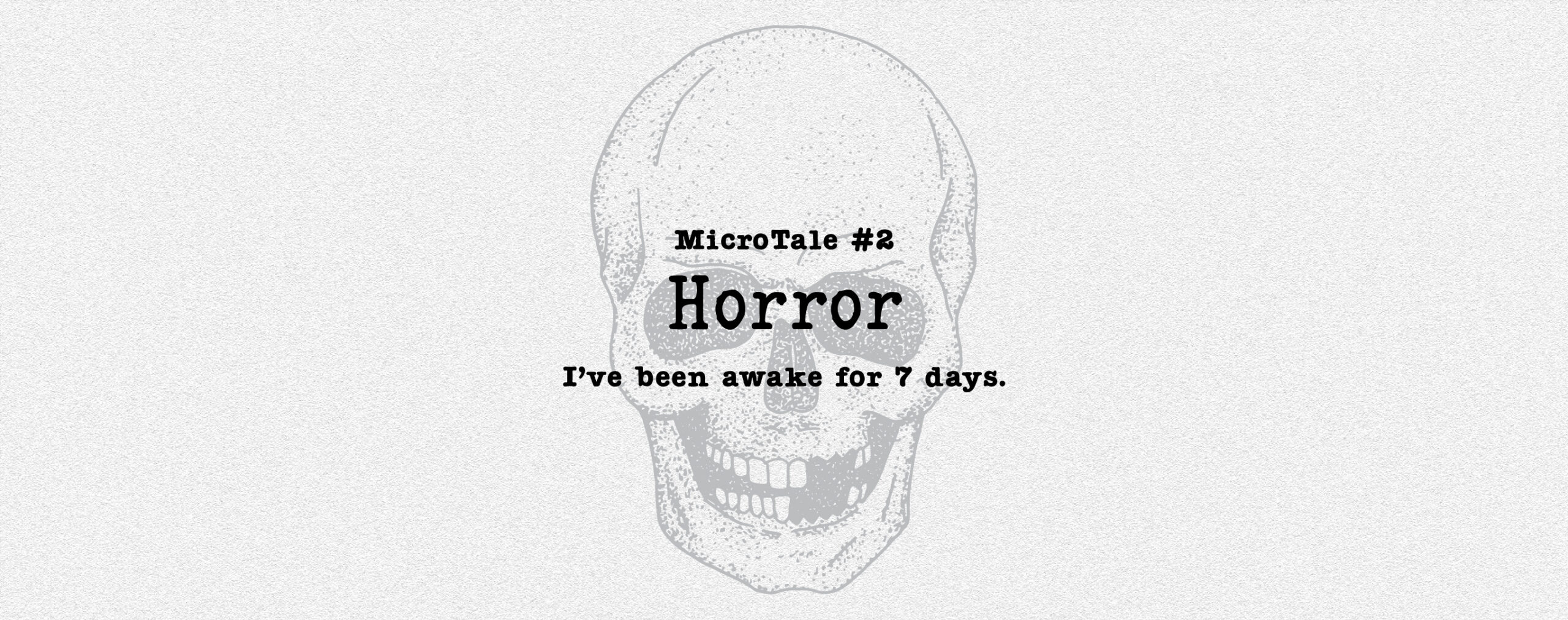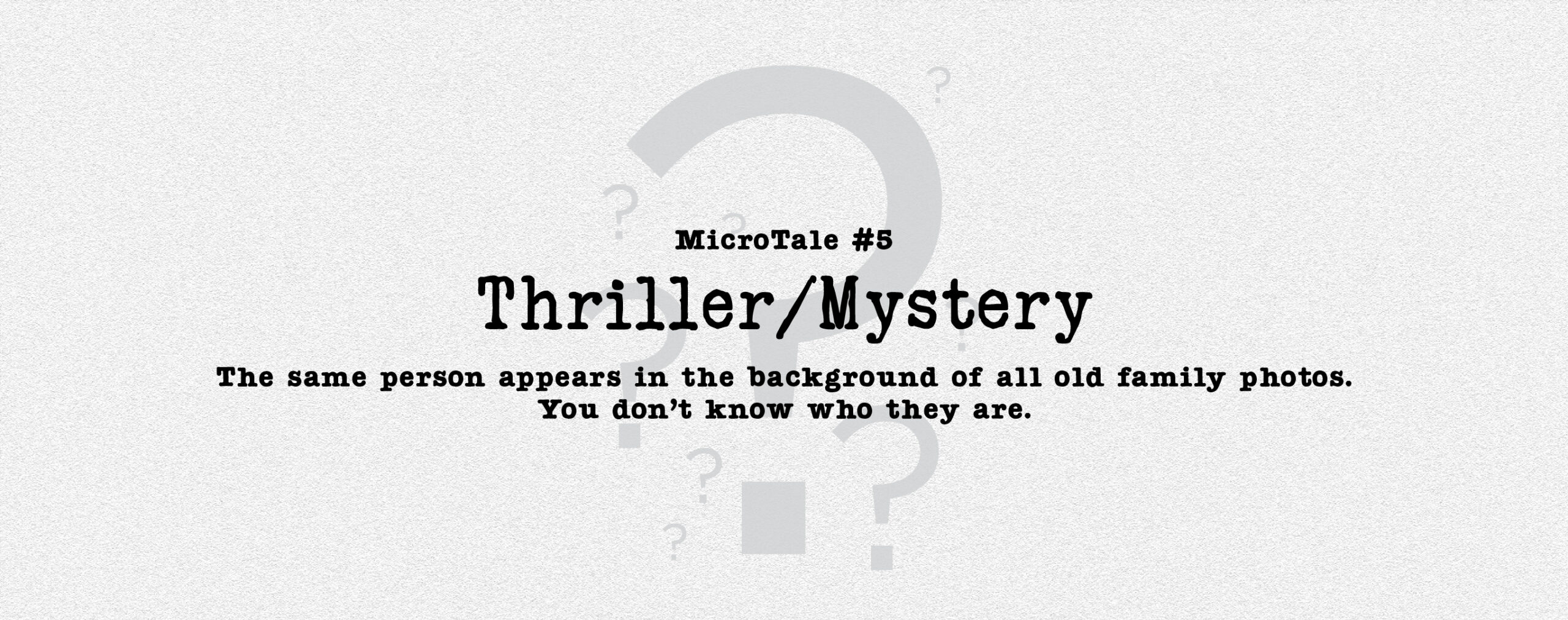Red Tea-Party

We were having dinner when my father announced, “Tomorrow we are going to visit the Gurdwara Darbar Sahib in Kartarpur.” I burst with excitement and joy, “really, baba?” Many of my friends have been there and they always talk about what a sight it is and the experience is nothing short of surreal. I have been asking my father to take us there for about a month. He just smiled and nodded. I ran off to my grandfather’s room, “Dadu, do you know baba is finally going to take us to Kartarpur?” My grandfather laughed, took off his glasses and put the book on the side table. “Come. Sit here”. I sat near him on the bed. “Now, Sara tell me what do you know about this Gurdawara and why do you want to see it?” “I read about it in my history book. It is the shrine of Guru Nanak and all my friends have visited it. So, I want to go there too”, I told dadu. He smiled, paused for a moment and said, “Let me read some poetry about Guru Nanak from Allam Iqbal’s Bang-e-Dara”. Dadu picked up the book from his side table and started reading the verses. I held my breath and listened carefully.
Again, from the Punjab the call of monotheism arose
A perfect man roused India from slumber
I was deeply moved by Guru Nanak’s humanitarian principles and his broader outlook of religion. He taught people as to what they ought to be, not so much as to what they have been or whence they have come and whither they have to go. He was a reformer in true sense. Dadu talked about his beliefs for a while then I came back to my room.
I couldn’t sleep that night due to the excitement of the journey. In the morning I helped mom in the kitchen. We had pan cakes for breakfast and mom also made some sandwiches for the way. It takes 3 hours from Lahore to Kartarpur. So, right after breakfast we started our journey. We reached there at 12:30pm and covered our heads before entering the Gurdwara. Inside there was a museum, library, a five hundred years old well, dormitories, locker rooms and washrooms. Apart from its historic and religious importance the mighty building of Gurdwara stands tall all painted in white and in the courtyard white stones have been used while the finishing has been done in gold. We went inside the shrine to say Fathiha. We were sitting there when one of the caretakers, Gurmit Singh approached us. He welcomed us and began to tell us about Guru Nanak. He explained the three principles of Sikhism; Kirat Karo (work hard), Naam Japo (pray to the God) and Wand Chako (share your bounties with the world). He also told us about the history of Gurdwara. Then he took us to the Langar hall where food was being served. We all sat down for the food. Suddenly, dadu stopped eating and mumbled something. I couldn’t understand what he was saying. I turned towards him; he was staring at someone. “What happened, dadu?” I inquired. His face went pale as if he has seen some ghost. “Dadu? Are you feeling alright?” but he didn’t answer. His eyes were welling up. Then he started searching his pockets, took out his wallet and began looking for something. On the front chamber there was a black and white picture of both my grandparents. Whenever he misses grandmother, he takes out this picture and stare at it for hours with a wistful longing for the old days. “Dadu…?”, I thought he is missing her so I tried to distract him but he kept checking his wallet. He took out a paper form the chamber underneath. He looked at the paper then he looked at the man sitting across from us and started crying quietly. I didn’t know what happened. I was worried. Then he got up took a few steps and came back. “No. No. What if he is not him?” This time my father asked, “Who, Abba jee?” He looked at my father and then pointed toward the Sikh who was laughing at something. He went straight to him and stood in front of the man. For a while he said nothing. This man also stood up in a clumsy manner. We were all confused. “Manjee…”, dadu pointed towards the man. His whole body was shaking and tears were rolling down his cheek. “Imam Bakhsha, tu?”, said the Sikh in a trembling voice. Both of them embraced each other and started crying loudly. “Manjeetya, tu aa geya. Tu aa geya.” “Imam Bakhsha wahe guru ne sun li meri. Me aa geya Imam Bakhsha. Me aa geya.” They just clung to each other and cried their eyes out. A few people in the hall also started crying. We knew what was happening but we couldn’t believe our eyes.
Dadu introduced us all to his childhood friend, Manjeet Singh and his family who came from India as pilgrims. There were sobs and smiles at the most unexpected reunion of two friends who were separated in 1947. 76 years is a long time. Later that night it was 1947 in our home. “There was a huge peepul tree in our village. We both used to play under its shade with our other friends. Sudheer. Ah… crazy Sidhu. Manjeetiya, How’s Sudheer? Does he still live in the village? How many kids he has?” There was a deadly pause and then Manjeet Singh jee broke the silence, “Nah. Imam Bakhsha. He passed away a few years back. But he lived a happy life. Both his sons are settled abroad.” Dadu’s eyes welled up again. He said a prayer for his friend. “There hasn’t been a day when I didn’t pray to get to see my dear friends again. I still remember that blue kameez he wore when I last saw him. That image still haunts me.” Dadu’s voice was cracking. I felt the pain he had been living with for the past 76 years.
“1947 was not like other years. Division of the country into a Muslim Pakistan and Hindu India started communal riots throughout the country. Violence between Hindus and Muslims spiralled beyond anyone’s ability to control. The death toll had mounted to millions. People who were childhood friends became sworn enemies. Mansions were looted and women were raped. Corpses lay strewn across the streets. Trains carrying refugees between the two countries were full of corpses. Rioters set whole villages aflame and towns were reduced to ash and rumble.
“We were living in an area which was dominated by Hindus so we had to flee to Pakistan otherwise the rioters would kill us. That night when we were packing our belongings Manjeet and Sudheer’s family came to see us. Sudheer’s father said to my father, “You are our brother. No one can touch a single hair on your head. We will die for you. If you want to stay then stay. We will defend you.” My father wiped tears from his eyes. “We were born here. So were our ancestors. We have lived among you as brothers. Why would we want to go to Pakistan? Manjeet’s father clasped his arm and sobbed. “But the mobs are all armed and there’s no question of resistance”, said my father. We wept at our kismet till our tears dried. Dadu paused for a moment and began again, nobody wanted us to leave but we had no other way. Both families helped us to flee. People were travelling on foot, in bullock carts, lorries and clinging to the sides and roof of trains.
On our way to the station, we were attacked by a violent mob. They killed my father with a spear. It entered at his back and came out at his heart. My mother and I kept running to save our lives but they hunted us like wild dogs. My mother hid me behind the bushes and told me no matter what, don’t come out. Then she started running in opposite direction but the mob caught her. I could hear her begging and screaming but they dragged her by hair and stabbed her in the stomach. I heard a yelp and then there was complete silence. I was panic-stricken. Not a bone in me moved. Suddenly, I was alone in the whole world. That night I ran and ran till I found another group who were headed to the station. When I reached Lahore, I was devasted and heavy-hearted. I had no one to share my misery. Government allotted us houses and I found a job as a tax collector. Every night I will look up at sky and try to figure out which star was my mother and which was my father. Alhamdulillah, today I have my family. But I still miss the ones who are gone and who I left behind. Almighty listened to my prayers. And he sent you to me, Manjeet.” He started crying, again. Manjeet Singh put his arm around him and tried to comfort him.
I was shaken to the core. I couldn’t fathom the pain he endured. Nature works in mysterious ways. I quietly wiped my tears and picked up Dadu’s wallet and took out the paper. It was a drawing of three boys, a Muslim, a Hindu and a Sikh who were having tea.


Moving. Bewildering. We often forget how much our ancestors suffered and sacrificed. Beautiful job.
This story has so many flaws. I felt really embarrassed after posting this but considering it was first attempt I didn’t let those thoughts keep me away from writing more.